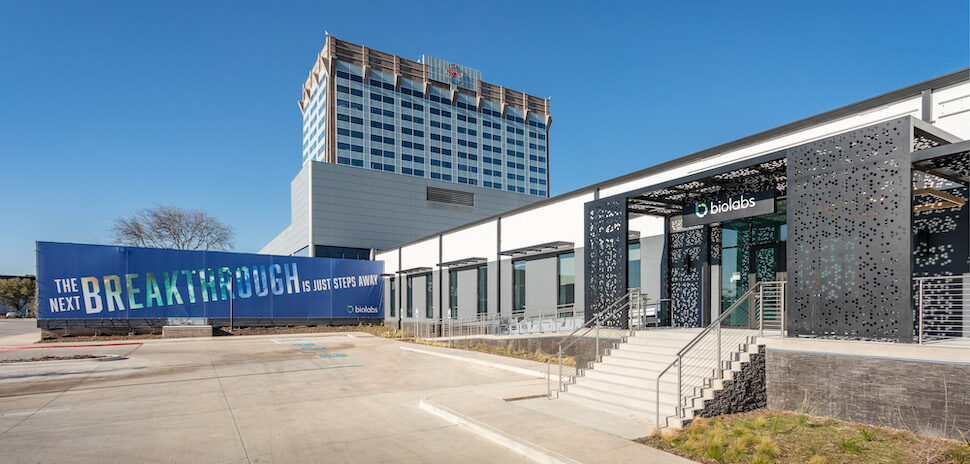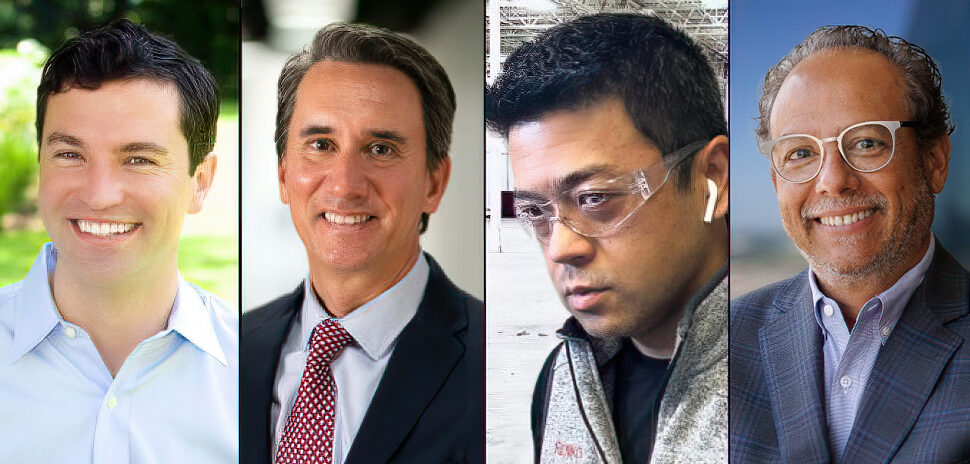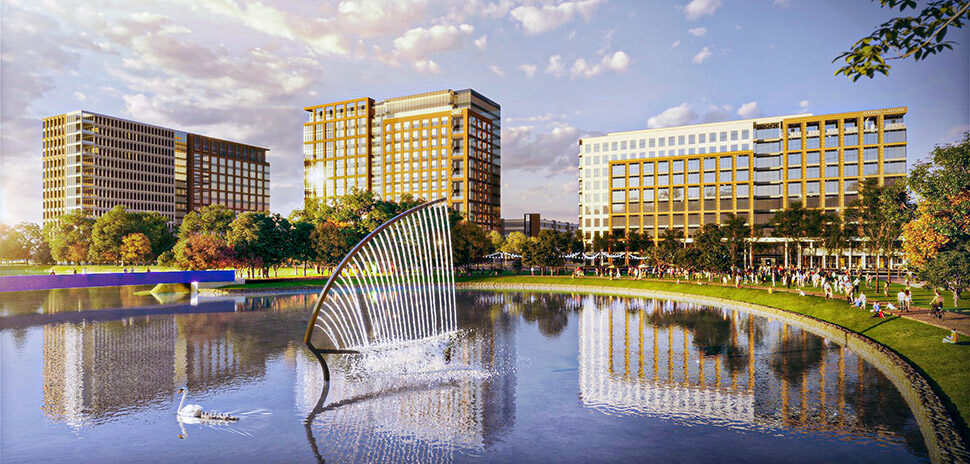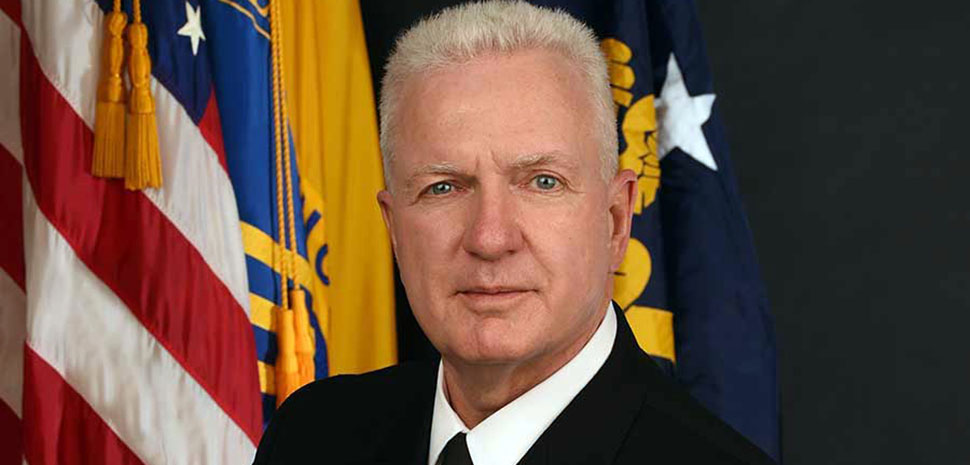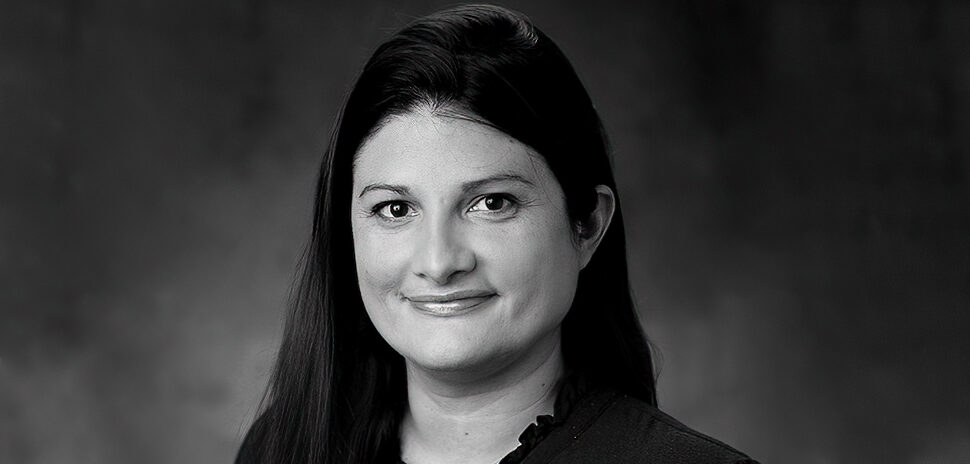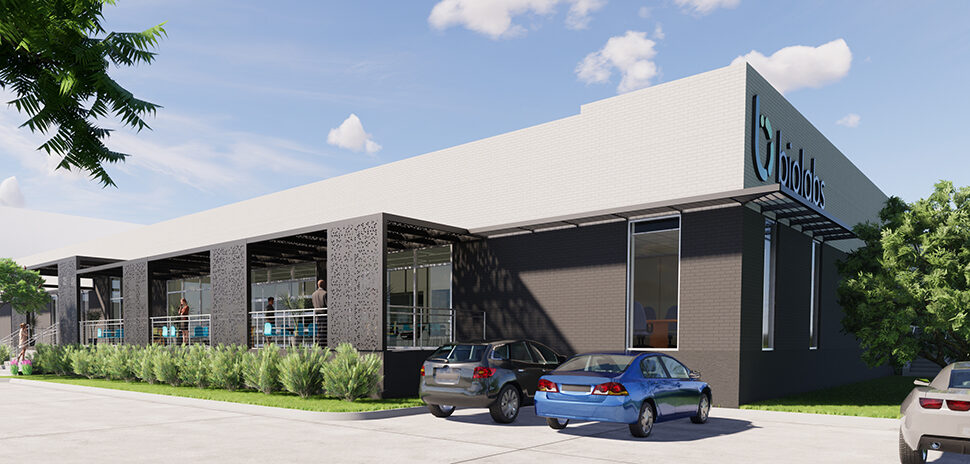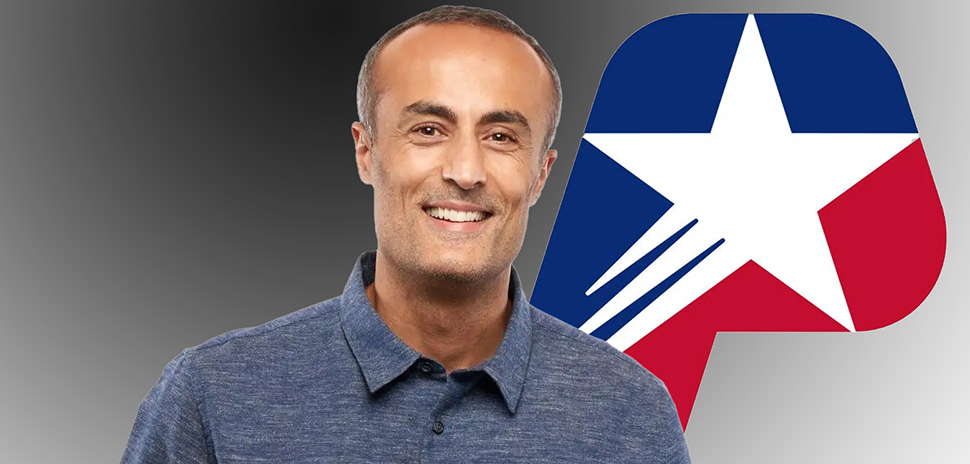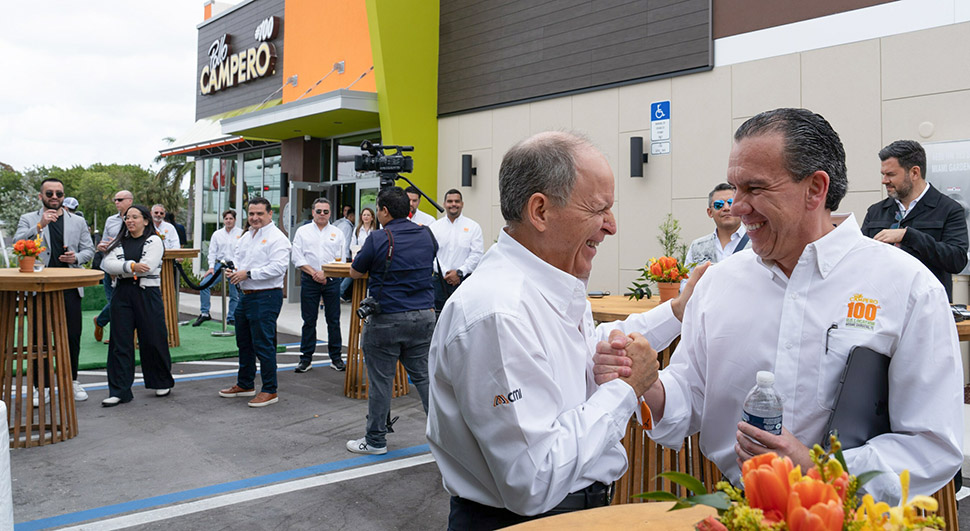North Texas’ biotech boom has been heating up for years. At a recent international bio conference in San Diego, the word was out—and several companies expressed interest in relocating to Dallas-Fort Worth.
The 2022 BIO International Convention was held in San Diego in mid-June, attracting more than 3,000 international and domestic companies. Some 100 interactive sessions over 4 days covered numerous therapy targets, business development, digital health, patient advocacy, public policy, and next-generation biotherapeutics. Attendees also got the latest updates from industry experts on COVID-19 and the vaccines.
The annual BIO conference is the world’s largest, regularly attracting 15,000 to 20,000 attendees each year before the pandemic. The recent San Diego conference was the first time BIO International was held fully in person since the pandemic began.
DRC execs attended along with North Texas bio organizations

Jorge Varela
Two representatives from the Dallas Regional Chamber, along with executives from Texas Healthcare Biotech Institute, Bio North Texas, and the Cancer Prevention Research Institute of Texas, attended the conference.
“The greatest minds in biotechnology were all in the room, and we connected with them to explore opportunities and increase investments in the Dallas Region,” Jorge Varela, VP of Research and Innovation for the DRC, said in a statement.
Relocation interest

Kevin Shatley
Having “Dallas” on your name badge apparently sparked interest at the conference, and the local reps heard an earful.
“We received interest from a half dozen bio companies to relocate to the Dallas region,” Kevin Shatley, VP of Economic Development for the DRC, said in the statement.
The interested companies included pre-clinical and clinical stage therapeutic companies, along with others providing industry-specific services.
“They recognize the area’s emergence in life sciences, which is driven by our strengths in biosciences, data science, artificial intelligence, logistics, financial technology, blockchain, and sensors and microprocessors,” Shatley added.
Engaging the life sciences community
“The primary purpose of the DRC presence at the conference was to understand how to best engage the life sciences community,” Varela told Dallas Innovates.
While “most of the companies and professionals we met were “very aware” of Texas, and “aware” of the Dallas region due to the many business relocations and high migration rates. among the conference as a whole, some weren’t aware of or were only somewhat aware of “North Texas’ rapidly emerging life sciences sector and the available resources to support the industry,” Varela added.
North Texas leans in
“A common sentiment across our partner organizations in attendance is that Texas—and more so, North Texas—must do a better job marketing the region’s life sciences resources and successes, and that the BIO Conference is one of the areas where we should lean in.”
Varela said at the Texas booth at the BIO conference, “more than 50% of the sponsors and partners were from North Texas.” Houston hosted its own booth next to the Texas booth.
Varela also noted that representatives from the Cancer Prevention and Research Institute of Texas drew “significant interest from oncology companies and researchers looking to engage with CPRIT.”
Facilities, manufacturing, and airport certification are key DFW attractions
The Dallas Regional Chamber says there are three key reasons why biotech companies are drawn to North Texas—and its reps were eager to reinforce them for BIO International attendees.
First, the Dallas region already has a thriving biotech ecosystem, with numerous leading medical facilities, labs, and innovation hubs like Pegasus Park, UT Southwestern, the University of Texas at Dallas, UNT HSC at Fort Worth, and many more.
Second, the Dallas region’s manufacturing growth. According to Varela, Deloitte—a DRC member company—projects Texas will lead the U.S. in manufacturing jobs through 2029. Being able to manufacture drugs in the Dallas area at a significant pace—while also being able to safely transport them—gives the region a “huge advantage,” Varela says.
That leads to the third big edge: Dallas-Fort Worth International Airport. It’s one of only two airports in the U.S. with Center of Excellence for Independent Validators certification. That CEIV certification enables facilities in the Dallas area to safely transport materials like vaccines and drugs to countries worldwide.
‘It’s no secret that we have the talent, technology, and infrastructure’
George Goodno, principal at Dallas-based Goodno Strategies and senior advisor to the ENTENTE network, was a longtime communications director for the Biotechnology Innovation Organization, the entity behind BIO International. He’s also a former director of industry relations for UT Southwestern. He weighed in on the DRC’s presence at this year’s conference, and the growth of biotech in North Texas.
“The Dallas Regional Chamber represented our region with a strong and engaging presence at #BIO2022 this year,” Goodno wrote on LinkedIn. “People are noticing too. It’s no secret that we have the talent, technology, and infrastructure to continue the enormous growth that is already happening.”
![]()
Get on the list.
Dallas Innovates, every day.
Sign up to keep your eye on what’s new and next in Dallas-Fort Worth, every day.











